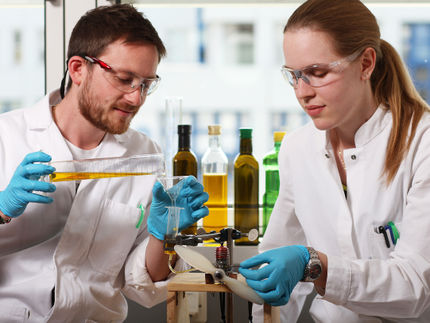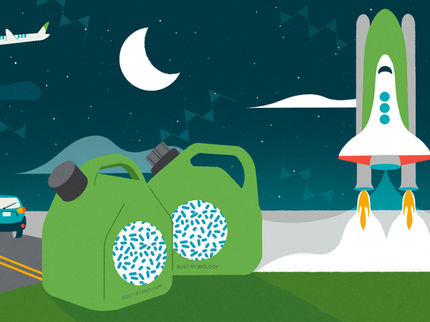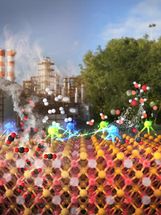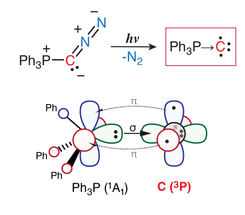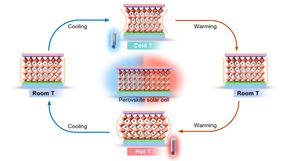Gasification method turns forest residues to biofuel with less than a euro per liter
According to the new research results of the VTT Technical Research Centre of Finland, lignocellulosic biomass can be used in the production of high-quality biofuels for the price of less than one euro per litre. A new technology developed in Finland allows the transfer of more than half the energy of wood raw materials to the end-product. The technology is considered ready for the construction of a commercial-scale production plant in Europe.
VTT has assessed the techno-economics of the production of renewable liquid transportation fuels from forest residues. The case studies focused on the production of four biofuels using a method based on pressurised fluidised-bed gasification. The fuels studied were methanol, dimethyl ether (DME), Fischer-Tropsch liquids and synthetic gasoline.
The results show that the production of renewable biofuels from lignocellulosic biomass, mainly bark and forestry residues, could achieve an energy efficiency of 50%, depending on the end-product and process conditions. Should the thermal energy produced as a by-product be exploited for district heat or industrial steam, for example, the overall efficiency from biomass to saleable energy products could reach 74%.
Based on the case studies, the research scientists estimated that once commercialised the technology can be used to produce liquid transportation fuel at the cost of 58 €/MWh. Converted into gasoline-equivalent price per litre, the estimated production cost would be 0.5.7 €/litre. The price of renewable solutions would thus be on a level with the current pre-tax price of fossil transportation fuels, and cheaper than existing imported biofuels.
Each case study design was based on a BTL plant with 300 MW capacity, the equivalent of a large district heating power plant. A biorefinery of this size could produce liquid transportation fuel for about 150 000 cars. The EU has set a target of 10% renewable energy content for the transportation sector by 2020. For Finland, the target is 20%.
After long-term development work, the technical functionality of the production process was verified through extensive testing at VTT test rigs as well as industrial piloting in Finland and in the US. The technology is now ready for its first commercial-scale demonstration. However, the first wave of these ground-breaking production plants requires significant public venture capital investment, for which planning has consequently been initiated at both Finnish and EU level.
According to the research results, the best efficiency and lowest production costs were achieved in the production of biomethanol. The risks related to the commercialisation of the synthesis technology were also estimated to be lower with the biomethanol production plant compared to the other options.
Methanol is an alcohol fuel that can be used in modern cars at maximum 3 vol-% content in combination with petrol or, as with ethanol, in high concentrations in FlexFuel cars designed for this purpose. Methanol can also be further converted to synthetic gasoline or used as renewable raw material in the manufacture of various chemicals and biomaterials.
Most read news
Topics
Organizations
Other news from the department science
These products might interest you

Berghof - Reactor Controller by Berghof
High-performance heating system: Precision for small reactors up to 300 ml
Discover auto-tuning, intelligent stirring and air cooling for precise process control

Berghof Reaktortechnologie - Hoch- und Niederdruckreaktoren, Druckbehälter und metallfreie Reaktoren by Berghof
Safe high- and low-pressure systems for aggressive media
Corrosion-resistant reactors with PTFE lining - individually configurable

Get the chemical industry in your inbox
By submitting this form you agree that LUMITOS AG will send you the newsletter(s) selected above by email. Your data will not be passed on to third parties. Your data will be stored and processed in accordance with our data protection regulations. LUMITOS may contact you by email for the purpose of advertising or market and opinion surveys. You can revoke your consent at any time without giving reasons to LUMITOS AG, Ernst-Augustin-Str. 2, 12489 Berlin, Germany or by e-mail at revoke@lumitos.com with effect for the future. In addition, each email contains a link to unsubscribe from the corresponding newsletter.
